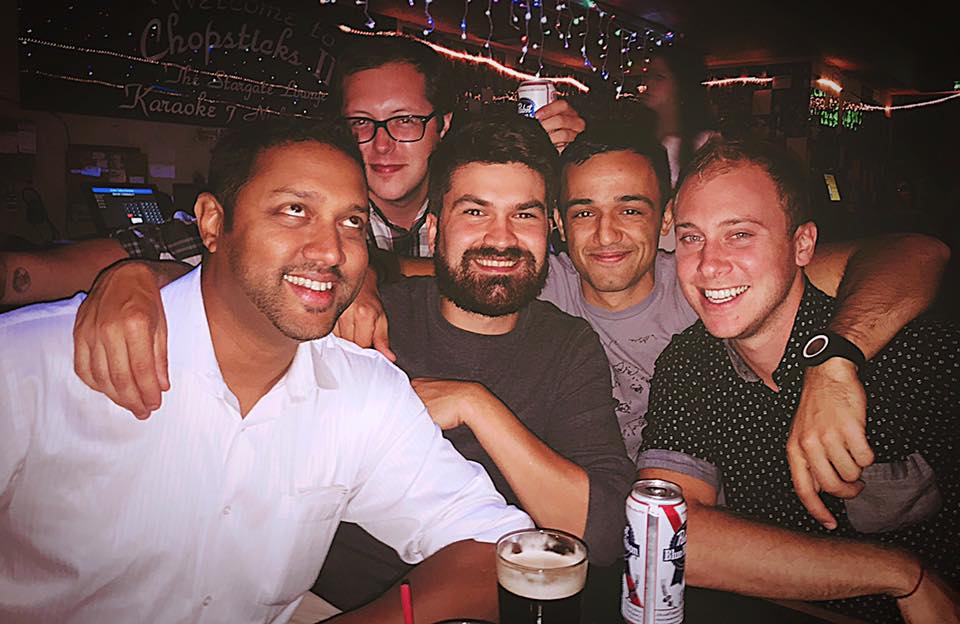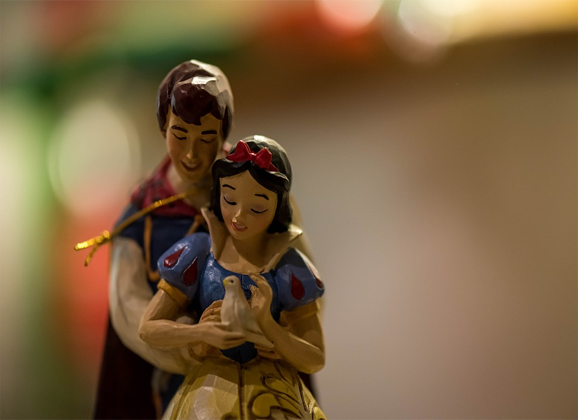The Need to Belong
Man is by nature a social animal…Anyone who either cannot lead the common life or is so self-sufficient as not to need to, and therefore does not partake of society, is either a beast or a god. — Aristotle
I made the following brazen claim to someone today: “Give me anything about life, and I will apply social psychology to it and write about it on my blog.” Interested in the challenge (and surprisingly not turned off by my arrogance) she asked:
Why don’t people like to be alone?
Although a seemingly straightforward question, I was surprised to realize I had never really talked about this on the blog, particularly considering our fundamentally innate drive to be social animals.
For example, one of the most famous textbooks on social psychology is called The Social Animal. Losing a close personal relationship activates the brain in ways similar to drug withdrawal. Our evolutionary survival as a species wholly relied on our ability to form social connections.
Now, you may think that civilization has developed to a point where we no longer need this primal dependence on others; however, researchers Roy Baumeister and Mark Leary famously surveyed hundreds and hundreds of research articles to conclude: We still very much have this “need to belong.”
That term they coined refers to our innate desire to form and maintain strong, stable interpersonal relationships. However, rather than simply a “preference” for them, the researchers (and many others) assert that this social desire is a fundamental motivation akin to hunger, thirst, or sex.
Now, in order for something to qualify as a fundamental “motivation,” the researchers outline four primary criteria: 1) the motivation must operate universally across people; 2) it must strongly influence emotional responses; 3) it must guide cognitive processes and behavioral reactions; and 4) failing to satisfy this motivation results in serious, negative health outcomes.
For example, if you take hunger, 1) everyone in the world needs food; 2) being hungry is a keenly negative feeling; 3) when hungry, we think only about food and act in ways to procure it; and 4) not eating food results in…well, “serious, negative health outcomes.”

When it comes to the need to belong, we know that everywhere in the world people form relationships, and all of us—even anecdotally—can draw on memories where this need to belong affected our feelings, thoughts, or behaviors. But how much does loneliness really affect our health?
Although we’re all aware of the pain that can accompany social loss and exclusion, in forming this theory, the researchers found a litany of negative effects that result from a deprivation of social bonds.
For example, research has found that U.S. mortality rates are consistently higher for divorced, single, or widowed individuals. This includes an increased chance for heart attacks, tuberculosis, and even cancer. In fact, loneliness has been shown to lower one’s immune system, acutely increase stress, and result in a higher incidence of mental illness.
For even more convincing evidence, take eating disorders, where one’s obsessive concern about how they appear (i.e., their attractiveness to others which affects the likelihood others would want to form a relationship with them) can override their fundamental drive of hunger. Moreover in fact, the feeling of aloneness is the number one predictor of suicide!
Still, researchers (myself included) debate how much the need to belong is really a “need.” That is, although a deprivation of social relationships can lead to all these negative health outcomes, you don’t die as you would from a failure to stay warm or have access to water.
Thus, is the need to belong just a really, really strong desire rather than an actual need?
Regardless of how you categorize the motivation, though, in trying to answer “why don’t people like to be alone?” the answer becomes apparent:
Humans are biologically hardwired to seek relationships.
Loneliness, then, is evolutionarily designed to be painful in order to motivate us to find and form relationships with others. Just as the pain of touching fire communicates “hey, don’t do that again,” so does loneliness tell us “dude, you need to go make some friends.”
Fortunately for you, dear reader, so long as you keep coming to this site, you can count me as one of yours.
Belongingly,
jdt
Baumeister, R. F., & Leary, M. R. (1995). The need to belong: desire for interpersonal attachments as a fundamental human motivation. Psychological bulletin, 117(3), 497.








Hmm, I am glad to make the cut in this picture . Though Mentor and Shaman might be more appropriate. Nonetheless a well written piece as was your award winning short story. Now answer me this what is Ex-Machina really all about.
Huttily
Hutty
Hahaha Of course you made the cut! That picture of your eye roll is just too perfect.
As for Ex Machina, I’m still puzzling over that movie myself. In the end, I think it’s speaking to the idea that even AI–like humans–will do whatever it needs to survive. Reminded me of Nietzsche’s “will to power”
I am a granny who needs companionship and I recently read the book, Going Solo by Eric Klinenberg. He examines the recent trend for people of all ages (especially Boomers in first world countries) to live alone. He found that people do have a social life but they’ve chosen to live alone and are totally happy with this choice with the exception of people my age (seniors). In the final chapters, Klinenberg writes about seniors living alone but not thriving the way the younger people do. This is happening in large cities, not in small towns.
Gerry, thank you for the insightful thoughts! I have not read that book, but of all the groups to prefer living alone, the Boomers were interesting. I wonder psychologically why that group seeks it the most. And also, you allude to a good point that when I describe psychology on here, it doesn’t necessarily apply to everyone the same. I’m talking about “mean” occurrences.